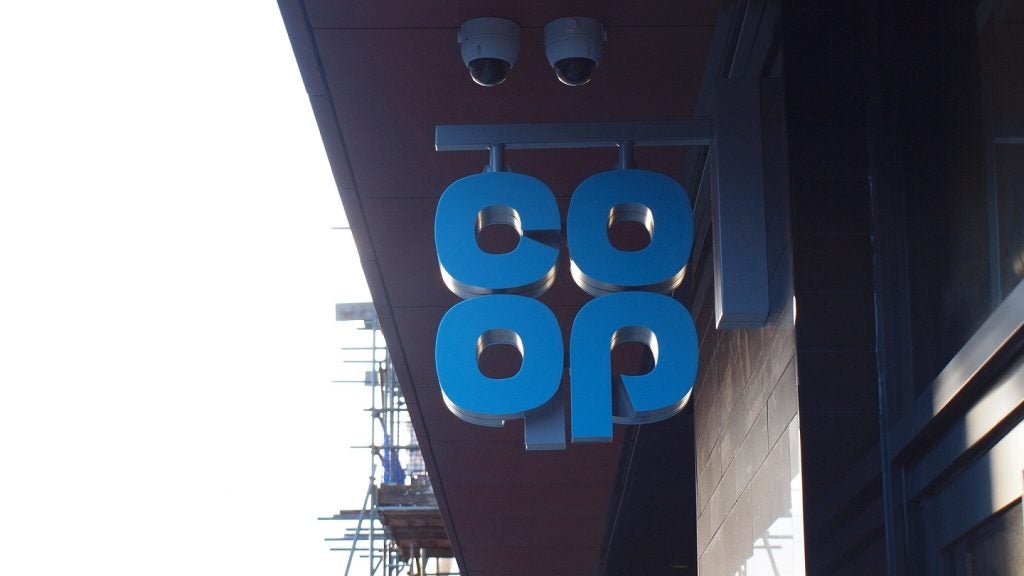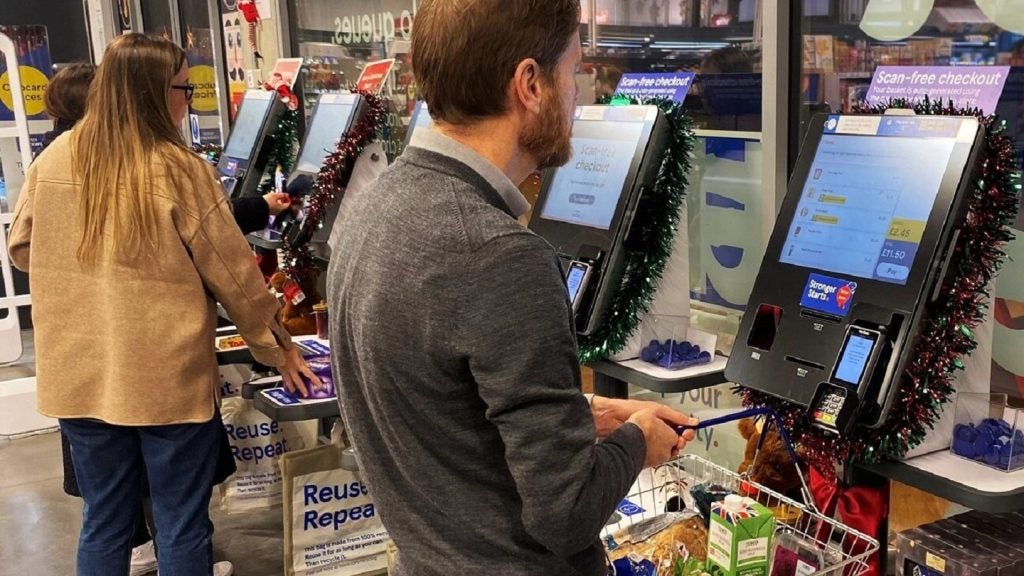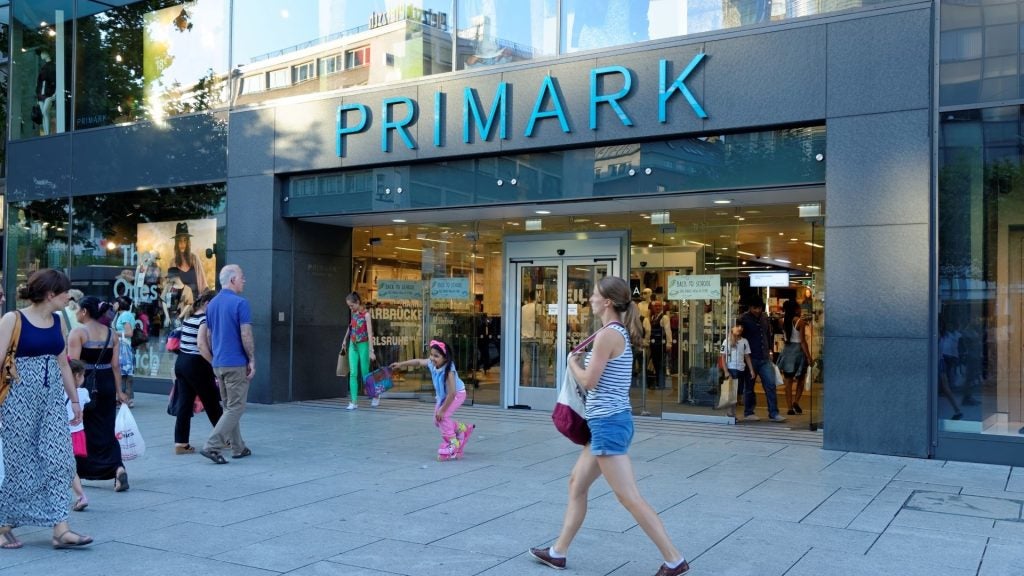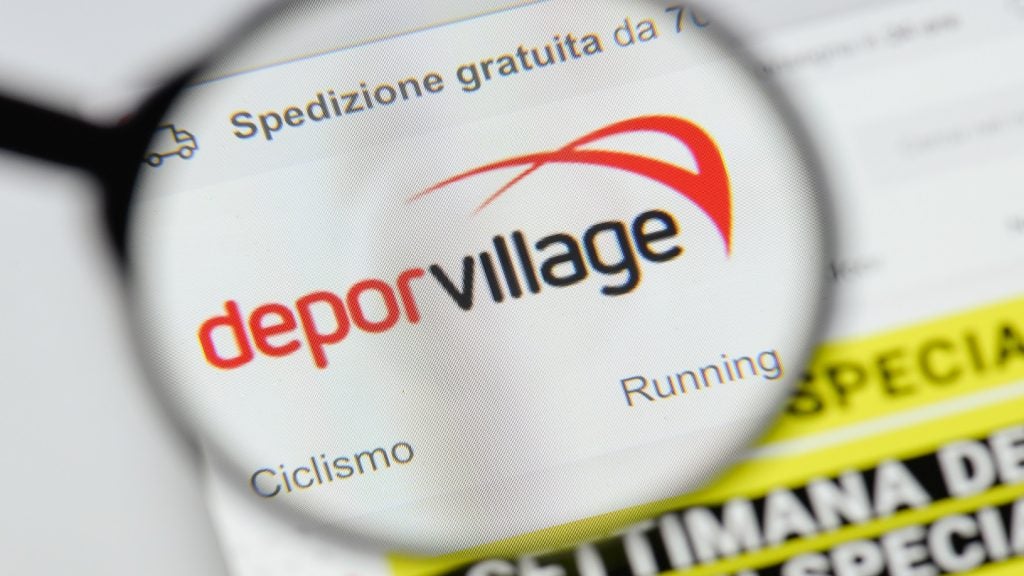British co-operative group the Co-op and renewable energy company Voltalia have signed a long-term corporate power purchase agreement (PPA) in the UK.
The Co-op will source green electricity from Voltalia’s Eastgate solar project in North Yorkshire, England.
The 34MW solar farm will power the retailer’s food stores, distribution centres and other estates for 15 years.
Initial construction work has commenced and the project will become operational in 2025.
The farm will feature 62,500 solar panels and will supply 7.5% of the Co-op’s annual electricity requirement.
The company, which is owned by 4.8 million UK consumers, operates 2,400 food stores and 800 funeral homes. It also supplies products to 5,100 other stores.
The Co-op CEO Shirine Khoury-Haq stated: “The signing of this corporate PPA is a significant milestone demonstrating Co-op’s goal to green the energy grid and create transparency in the renewable energy market.
“Not only will this agreement unlock more green energy, it will also enable energy security, drive economic growth and move us closer to net zero. That’s why we still believe that grid decarbonisation should be an absolute priority for the government.
“Whilst businesses have a part to play, reform to allow much more rapid progress for projects such as the Eastgate solar project is urgently needed. Whilst the significant progress the United Kingdom has made to date is to be applauded, as a country we remain too reliant on fossil fuels, and ambitious targets alone won’t deliver the benefits that a net zero grid will deliver, from energy security to lower generation costs to the better outcome for the planet that’s so desperately needed.”
In the first half of the fiscal year 2023, the Co-op reported an underlying operating profit of £43m ($52.88m).















